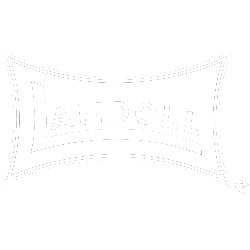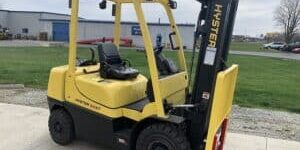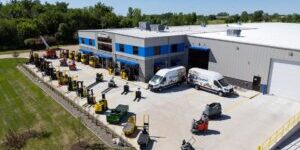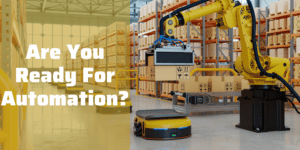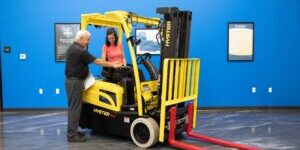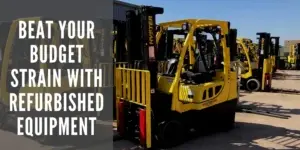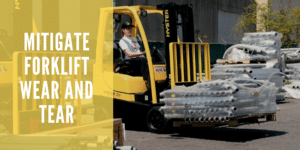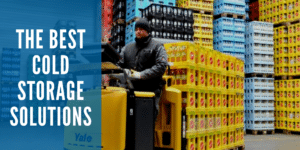Like what you see?

Questions to Ask When Purchasing Used Industrial Equipment
In today’s world of sustainability and asset lifespan maximization, used industrial equipment is ever-increasing as the place where buyers begin their search to expand their fleet. Beyond the sheer cost savings between new and used equipment, buyers are motivated to take advantage of the many potential operational benefits that can come along with buying used gear. Forklifts, aerial lifts, tow tractors, floor sweepers, generators, and similar equipment serving warehouse and material handling applications are perfect candidates to shop used for several specific reasons, such as:
- On average, original owners today are taking better care of their equipment, which translates into better equipment health at the time of sale.
- With the rapid market expansion of the last several years, many lower-hour assets have hit the market, replaced early as previous owners bought larger equipment to meet demand.
- Similar to the above point, many owners have increasingly taken advantage of updates to the US tax code Section 179 which provides incentives and deductions for new equipment purchases, returning more lightly used gear to the market.
- Many companies pursuing sustainability-related funding or certification have recently upgraded equipment to higher efficiency models, well before their prior equipment’s end of life.
- Loan notes and the five-year depreciation window on equipment purchased during the rock-bottom interest rates of 2018-2020 are coming due, bringing waves of great equipment to the used market.
For buyers shopping used industrial equipment, it’s imperative to make a thorough assessment of your options before committing to a purchase, no matter how good a deal might appear. To this end, we’ve assembled a series of questions that prospective buyers should ask regarding the seller, the equipment in question, and the environment in which this equipment piece was operated. By obtaining answers to these questions, buyers will be in a much stronger, more informed, less risky position from which to make their decision. Of course, buyers should add their own questions to the list as well, making sure to inquire about any particular or technical elements of specific importance to the work that the equipment will ultimately perform.
Questions about the Seller
Before diving into equipment-specific questions, buyers should gain an understanding of the potential sellers they’re considering purchasing from. The seller’s commercial integrity, business practices, legal provisions, and general after-sale support are first up for evaluation, as these factors will directly correlate to the amount of risk present for the buyer.
- Is the seller a business, licensed reseller, or private individual? Businesses will usually have more commercial benefits to offer buyers, such as return periods, limited warranties, and legal protections.
- Is the seller the original owner of the equipment? Original owners can provide first-hand information on the unit’s history, as opposed to the potential blind spots of multiple owners or resellers. That said, resellers may have received full historical information and may even be in contact with the original owner (especially if the reseller sold the unit originally and has now received it back after the owner purchased a new replacement).
- Does the seller inspect and repair equipment prior to sale? Established material handling equipment businesses often perform a robust maintenance service and safety inspection on the used equipment that they sell, bolstering a buyer’s confidence that the equipment will be safe and reliable.
- Does the seller offer a return policy? Having a return policy in the event that the equipment does not perform as expected is a great option to seek out when possible.
- Does the seller offer a warranty? Though most used equipment is sold “as is,” some sellers will stand behind their sale with a limited warranty against unforeseen issues.
Questions about the Equipment’s Condition
Once a high comfort level is established with the seller, now we can move onto learning about an equipment piece’s condition and functionality. With these questions, buyers are seeking out reasonable assurances that the equipment is worth the investment and will reliably perform as expected.
- Are there any known issues or concerns with the equipment? Sellers are obligated to disclose all known concerns with equipment to prospective buyers, such as major accidents, safety risks, and necessary repairs.
- Is full OEM documentation available? At a minimum, used equipment should come with the original nameplate in readable condition. All other manuals, service requirements, specifications, and documentation are ideal to get as well.
- Are full maintenance and repair records available? Obtaining complete service logs and records is very beneficial in helping new owners reestablish the equipment’s maintenance cycle, as well as to spot any shortcomings before they become issues.
- Has the equipment been modified from its original condition? Any feature or function of industrial equipment that has been modified from its original state can present a safety hazard and should be disclosed by the seller right away.
- Are there any known outstanding OEM recalls or major service actions that have not been addressed? Especially as equipment pieces become more integrated with technology, OEMs are increasingly issuing recalls or suggested service action notices (such as firmware updates) that prior owners may not yet have completed.
Questions about the Equipment’s Use History
With the seller and the equipment’s current condition illuminated, buyers should next turn to the operating conditions that the equipment was exposed to throughout its history. This information will help buyers understand the way the equipment has been treated, from which buyers can draw conclusions on the equipment’s value.
- What are the equipment’s operating hours and/or miles? The primary method of determining equipment value and remaining functional life is via its operating hours. Buyers should carefully assess operating hours and mileage (where applicable) alongside the asking price to gauge if the deal is worth taking.
- What operating conditions has the equipment been used in? Operating conditions can vary widely across industrial equipment, which will have a material impact on a unit’s price and condition. For example, one scissor lift used two hours twice a week would be more valuable than a lift ran ten hours a day, six days a week.
- What environmental conditions has the equipment been exposed to? As a way of assessing wear and tear of used equipment, understanding the normal operating environment that the equipment was exposed to is very useful. For example, a lift truck used exclusively in a frozen storage environment may be hiding corrosion, brittle electrical wiring, and seized fasteners as a result of the low temperatures. By comparison, a dry warehouse lift truck ran for the same operating hours would not have those issues.
- Has the equipment been used in continuous or infrequent cycles? Different types of equipment are impacted by duty cycles differently, which provides useful information on their relative integrity. As an example, a generator that is started up once a day and ran continuously for 16 hours has many fewer cycles on its components than a generator stopped and started each hour, or 16 times a day.
- Has the equipment been used outside of its specified applications? Buyers should directly inquire about any non-OEM approved uses that may have impacted an equipment piece, especially those that could have caused residual impact on the equipment. For example, the use of unapproved aftermarket powered forklift attachments could have damaged central hydraulic pumps when pressure spikes or running temperatures exceeded OEM specifications.
In all cases, buyers should take their time in evaluating used equipment, being certain to thoroughly assess any potential purchase for financial, functional, and safety risk factors. Though we didn’t mention them above, this includes additional questions regarding the terms of sale, pricing, payment, and other commercial details. In cases where the condition or value of a lift are difficult to nail down, buyers may wish to engage a third-party appraiser to join the discussions.
MH Equipment is one of the largest material handling service providers in the United States, with 33 locations and over 1100 employees serving customers in 10 upper Mid-West and Eastern states. Our mission is to deliver exceptional service in material handling equipment sales, service, rental, certification & training, emergency response, and engineering. From complete fleet management to warehouse design, vehicle sales to roadside response, our local experts are here to serve your needs. For more information or to discuss your application, please call us at 309-579-8020, visit our website here, or email us here.
We are here to help.
Count on our friendly support team to provide the guidance you need. (614) 871-1571
